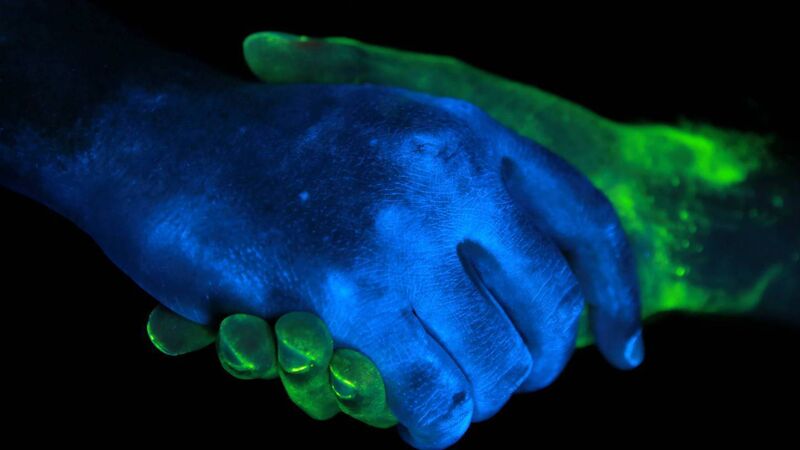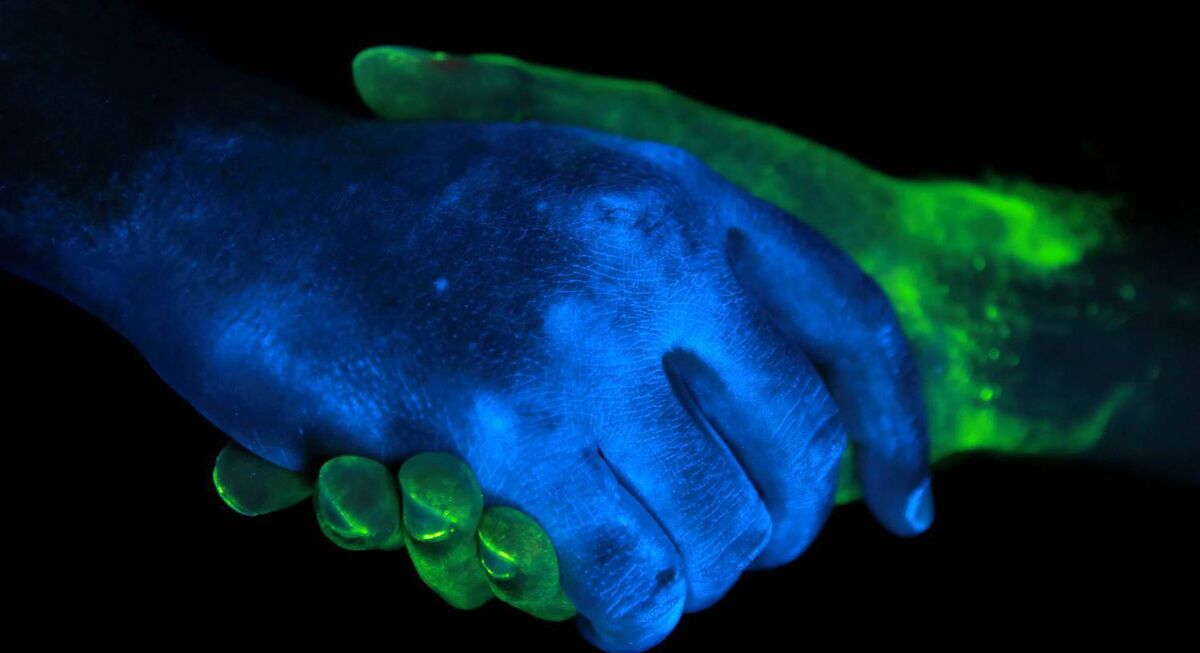Learning Points: Let’s have the vision to open our ears to the truth about climate change

Richard Hogan writes about the action we can take to improve our efforts in the face of climate change.

Try from €1.50 / week
SUBSCRIBERichard Hogan writes about the action we can take to improve our efforts in the face of climate change.

Already a subscriber? Sign in
You have reached your article limit.
Annual €130 €80
Best value
Monthly €12€6 / month
Introductory offers for new customers. Annual billed once for first year. Renews at €130. Monthly initial discount (first 3 months) billed monthly, then €12 a month. Ts&Cs apply.
CONNECT WITH US TODAY
Be the first to know the latest news and updates
CONNECT WITH US TODAY
Be the first to know the latest news and updates

Our team of experts are on hand to offer advice and answer your questions here
Newsletter
The best food, health, entertainment and lifestyle content from the Irish Examiner, direct to your inbox.
© Examiner Echo Group Limited